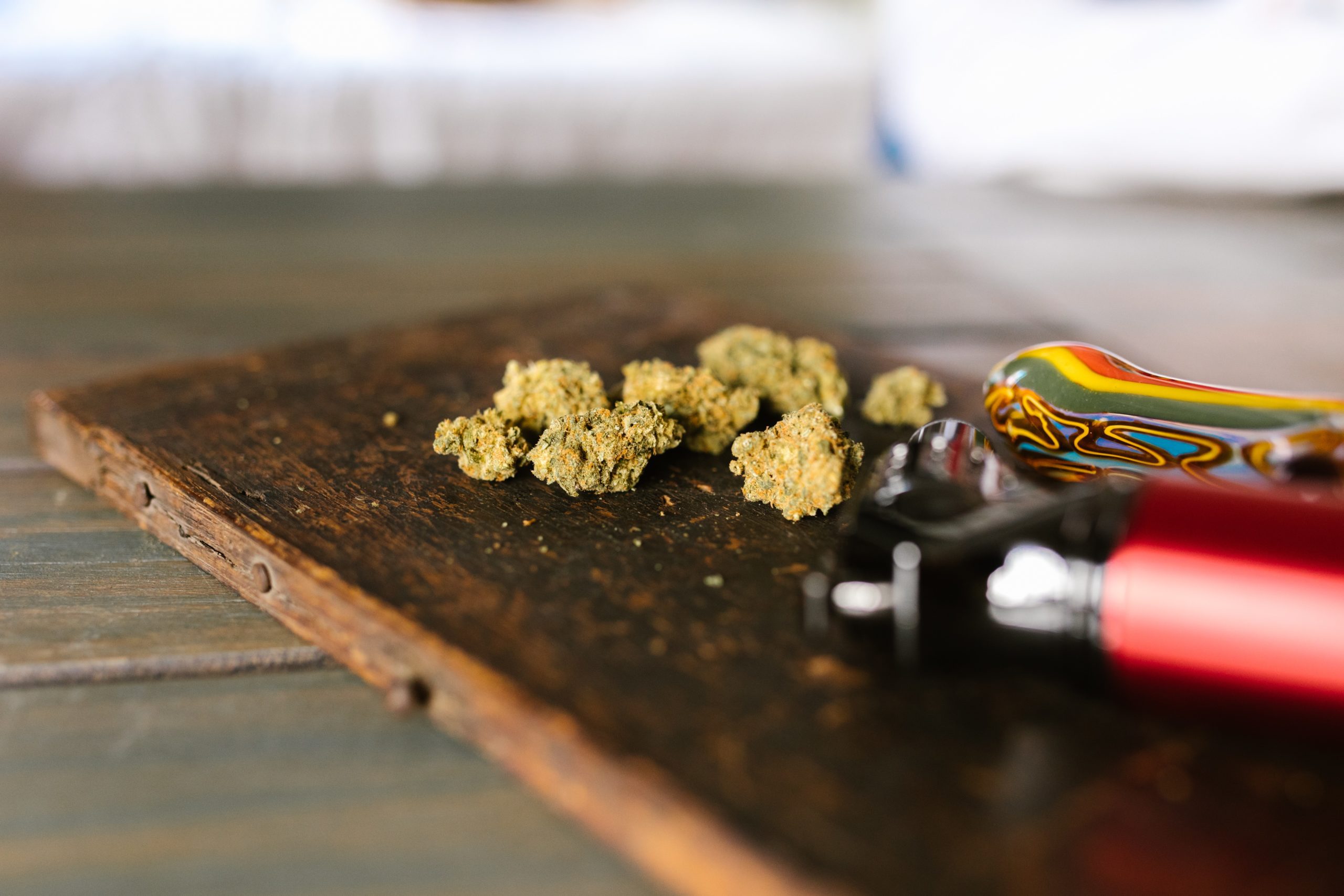
Wholesale marijuana flower prices in Michigan have experienced a recent stabilization and slight increase, providing some hope for producers who faced significant price declines in recent years.
Michigan holds a prominent position in the legal marijuana market and is projected to rank as the second-largest state in terms of annual recreational and medical cannabis sales, trailing only California.
Industry experts attribute the modest stabilization in wholesale prices in Michigan to several factors:
- Absorption of excess outdoor cannabis from the previous season.
- The increasing number of municipal governments allowing retail sales.
- Authorities cracking down on illicit activity within the licensed market.
Narmin Jarrous, Chief Development Officer at Exclusive Brands, a vertically integrated cannabis company based in Livonia, Michigan, highlights the negative impact of illegal and non-compliant products being sold at extremely low prices, which can disrupt the market and affect pricing for various cannabis products.
However, other factors continue to exert downward pressure on prices, including significant outdoor production during the warmer months and the absence of a statewide cap on the number of cannabis business licenses, making the sustainability of wholesale price stabilization uncertain.
Michigan wholesale marijuana flower prices – Per pound

Michigan’s adult-use market was launched in December 2019, initially witnessing high prices due to limited supply and growing demand. However, prices have not returned to those levels. According to data from LeafLink, the average per-pound price for flower dropped by 61% to approximately $1,510 by February 2021, fell further by 29% to $1,075 by February 2022, and slipped another 27% year-over-year to $789 by February 2023.
Nevertheless, there has been a recent upward trend in flower prices. The average per-pound wholesale price rose to $832 in April, $907 in May, and $963 in June.
Producers in Michigan vividly recall the rock-bottom prices they faced, with some selling pounds of flower for as low as $400 or $500. These extreme price levels led to cultivators consolidating or shutting down their operations, unable to sustain such low prices.
The supply-demand dynamics in Michigan’s legal cannabis market underwent significant changes. In 2022, legal cannabis retail sales reached $2.3 billion, and the 2023 MJBiz Factbook projects sales to potentially reach $3.1 billion, including $220 million in medical marijuana sales.
Michigan’s lack of a statewide cap on cannabis business licenses resulted in explosive growth in both supply and demand. LeafLink strategist Ben Burstein explains that numerous cannabis retail operations and cultivation licenses were established in early 2020, but it took time for new cultivators to optimize their yields, leading to high wholesale prices initially.
Additionally, the COVID-19 pandemic boosted marijuana sales nationwide, attracting capital investments in Michigan’s legal market. This influx of investment, combined with improved yields and production capacity from existing cultivators, resulted in a surge of supply by late 2021. However, the market did not have enough demand to absorb the outdoor harvest, leading to a significant decline in prices.
The oversupply issue extended to other product formats as manufacturers converted excess flower into cannabis distillate and derivatives.
The recent stabilization and slight increase in Michigan’s wholesale flower prices can be attributed to several factors. The time elapsed since the previous outdoor harvest has allowed for the conversion of excess flower into distillate and its purchase by consumers. The increase in demand, partially due to seasonality and the adoption of retail sales by local governments, has also contributed to the changing price trend.
Narmin Jarrous of Exclusive Brands believes that increased enforcement actions by Michigan’s Cannabis Regulatory Agency (CRA) have played a role in stabilizing prices. The CRA has taken action against operators engaged in illicit conduct, which has negatively affected the market and pricing.
Calyxeum’s CEO, Rebecca Colett, mentions that the drastic price drop was likely caused by illegal activity that the CRA previously overlooked. With a renewed focus on enforcement under the new CRA chief, Brian Hanna, Colett expects more stability in prices.
During the period of declining prices, Michigan’s cannabis producers had to adapt to survive and maintain margins. Cost-cutting measures included installing automated production systems to reduce payroll expenses and seeking new vendors and packaging machinery to lower packaging costs.
Despite the recent positive trends, there are concerns about the future. LeafLink analyst Ben Burstein expects another substantial outdoor harvest later this year, combined with an increase in cultivation and processing licenses issued since last year. This may lead to a surplus of supply relative to demand, potentially driving prices down again.
In response, cannabis producers like Calyxeum remain cautious and focus on operating efficiently to withstand any potential price fluctuations. Colett anticipates a prosperous summer for cultivators due to late-starting outdoor grows and predicts a potential production drought, allowing cultivators to charge premium prices similar to those during the pandemic.
Looking ahead, Jarrous hopes for more stability in the industry as Michigan’s cannabis market matures and producers gain confidence. However, the seasonal nature of cannabis supply in Michigan and the market’s exposure to outdoor production capacity make it likely that prices will start declining again in the future. Calyxeum plans to operate conservatively and improve margins while remaining prepared for any potential challenges in the fall.
Source: Mjbizdaily
EXPLORE MORE NEWS
Newsletter




